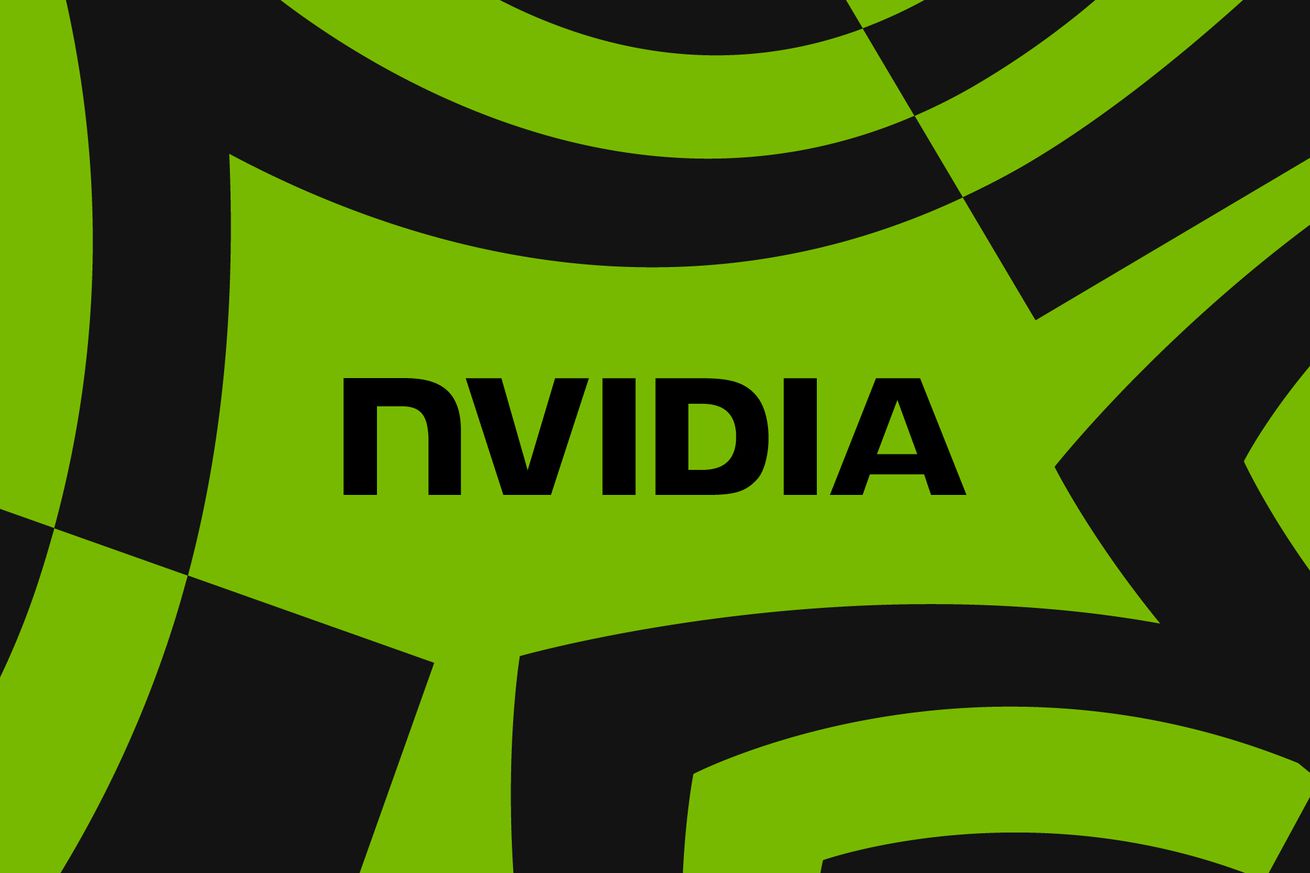
Nvidia is now a $1 trillion company thanks to the AI boom
Nvidia has just become a $1 trillion company, with its rising valuation fueled by tech companies big and small racing to add generative artificial intelligence tools to their products. AI tools made up the vast bulk of recent Google I/O and Microsoft Build presentations, and Nvidia’s chips make it a key supplier for companies trying to build something with AI.
The last quarterly earnings report from Nvidia noted over $2 billion in profit in three months. This latest push comes after Nvidia’s business boomed early in the pandemic during a GPU shortage while they were in demand for PC gaming and cryptocurrency mining before those markets fell back throughout 2022.
Last fall, CEO Jensen Huang said it had built too many gaming GPUs and was forced to sell them for less money. However, by the time of Nvidia’s next report in February, with ChatGPT all over the news, the outlook was more promising as Huang hyped the potential of Nvidia’s data center growth, and the most recent report showed a new record in data center revenue.
Over the weekend, Nvidia’s Computex 2023 keynote was full of AI announcements, including a demo of games using its Avatar Cloud Engine (ACE) for Games to support natural language both for input and responses and a new DGX GH200 supercomputer built around its latest Grace Hopper Superchip that’s collectively capable of an exaflop of AI performance.
Its valuation pushed past the trillion-dollar benchmark as trading opened today at over $400 per share, putting it in the rarified air previously occupied by only a few large companies such as Apple and Microsoft after they surpassed the significant mark in August 2018 and August 2019, respectively. Amazon and Google are the other tech stocks in the club, and Meta is a former member.
Reuters reported Nvidia’s shares jumped around 25 percent last week, and premarket trading Tuesday morning had the stock hitting up to $404.91, a gain of about 4 percent, as reported by Bloomberg.

